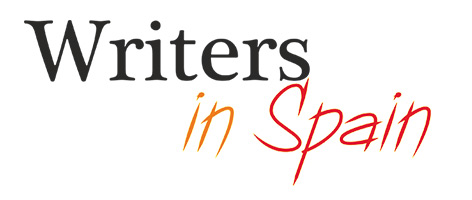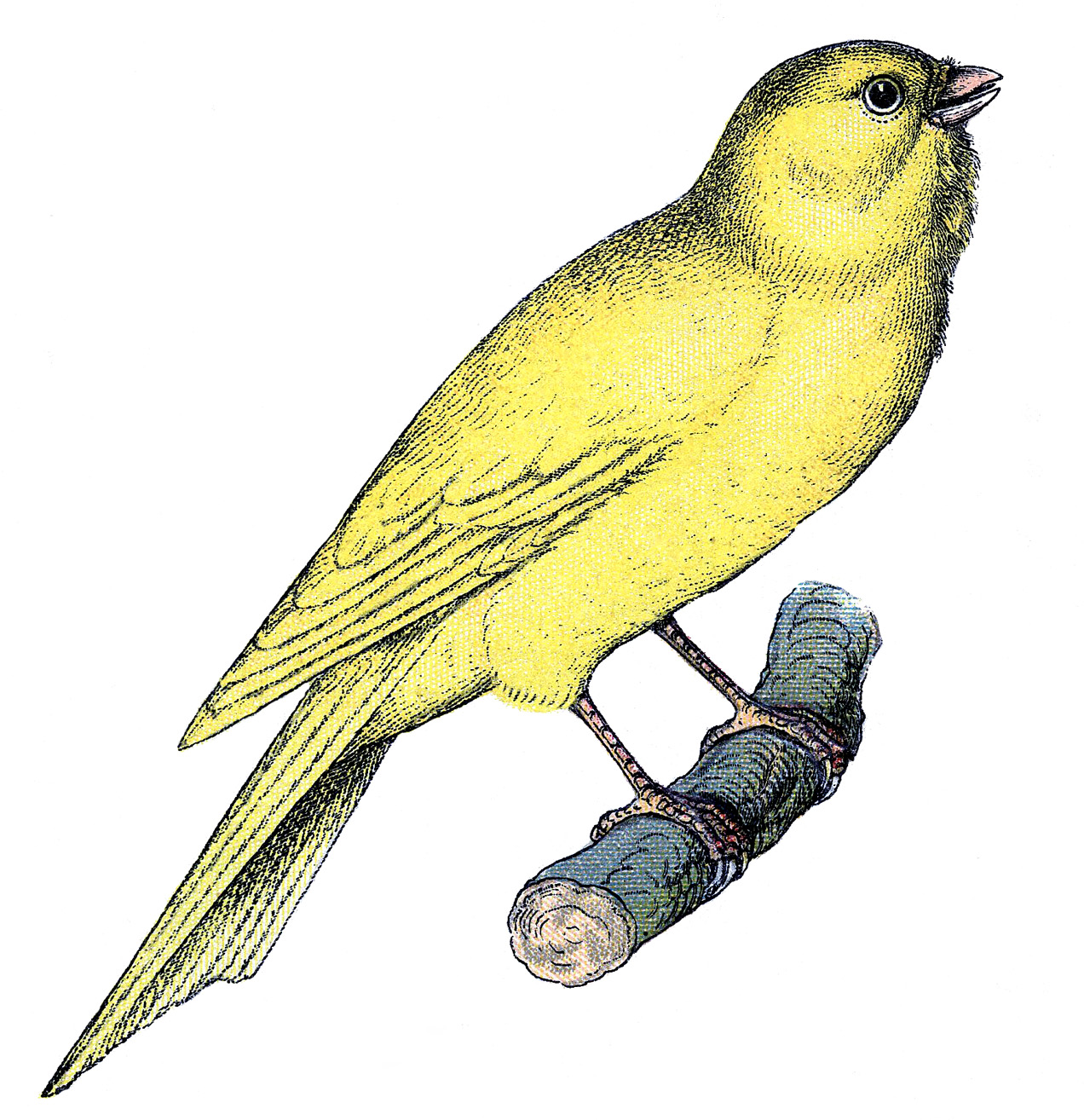El Caudillo Francisco Franco is in a sorry state. One rumour has it that he’s about to kick the bucket. The part ‘about to’ is open to interpretation, however. I seem to think he’s been on his deathbed for months and months. Another rumour going around is that Juan Carlos, the tall man whose Spanish sounds almost as bad as mine, is going to take over.
There are loud discussions about what’s going to happen to Spain after Franco dies. There’s a great fear that the only way forward is possible violence, or worse, censorship will be eased and all hell will break loose in the Spanish psyche. Widows might not even wear black for the rest of their lives, and divorce could become legal. Good grief! Whatever next?
We’ve had a good run for our money with Franco in power. No matter the criticism of him and his dictatorship, one thing has been universally acknowledged, at least here in this small area of Valdelagrana, right outside El Puerto de Santa Maria, is that we all feel secure.
‘The bad people are all locked up‘, that’s what everyone says.
Residents are out and about at midnight, going for strolls, finishing up their evening meal. Children are outside on the streets playing loudly, and grannies and granddaddies are sitting peacefully, chatting to one another in the refreshing night time air. Men are puffing on cigars and sipping on brandy at side walk cafes. Women and teenagers are smiling, wearing their thick gold chains and crucifixes; and nobody yanks them from their neck. Juanito Bonito from down the road opens his briefcase and pulls out a revered English grammar book. He sticks his head in it as if starved for words. Possibly one day he’ll become famous, or at a minimum, speak English in his mind.
There is a calm, serene feeling in the late hour, and there is no fear of being accosted.
When I first moved to El Puerto de Santa Maria from Scotland I was pleasantly surprised to see football matches being played even on Sundays. Not that I’m a fervent fan of football, it’s just that Sundays in Scotland are the worst day of the week with nothing much at all going on, anywhere. Turn on the radio in Scotland on a Sunday and you get religious music, church choirs singing piously, or someone wailing mournful Scottish songs. Shops are closed, pubs are closed, and if you want an alcoholic drink you have to go to a hotel.
Here, bars are open, sidewalk cafes are busy, radios play cheerful, catchy music.
Despite having a dictator, Spain seems to offer more freedom than Scotland; certainly on Sundays.
Not that everything is better here. I’d just as soon have my dinner by 7 p.m. at the latest. If you go to a restaurant at that time it’s probably not even open, and if it is, there’s nobody there. The first time our neighbours found out we eat so early they were astonished, so astonished were they that they puffed on their cigarettes twice even three times in rapid succession.
“What? You’re having dinner NOW? But it’s so early!” They coughed and spluttered and practically spat their cigarettes onto the dried up dirt.
Then, when they noticed that we don’t eat much at all for lunch, they were beyond astonished. I’d say they were flabbergasted.
“That’s ALL you eat for lunch?! A sandwich? How can you live this way?” Their wives raised their arms as if asking the good lord himself why oh why do these foreigners not eat sensibly just like us?
If you think that’s surprising, you should have heard them the day they invited me to go to church.
“What? You’re not Catholic? But everyone is Catholic!”
“No, not me. I’m not a catholic.”
“Then, what are you?” They frowned and scratched their heads, so perplexed were their troubled souls.
“I’m a protestant.”
“What’s a protestant?” They really had no clue.
How to explain what a protestant is?
“What do Protestants do?” They asked me, eager to learn.
“Well, I don’t do anything. I don’t even go to church.”
“What? You don’t go to church?! You have to go to church. Everybody does.” They all burst out laughing.
“I was taught religion at school, so I can’t be bothered with the church.”
“Poor thing! Come, come with us. We’ll introduce you to the Father.” Then they hugged me, patted me on the shoulder as if to comfort me. “Don’t be afraid. We like going to church. It’s so much cooler there than in our houses!” They howled with laughter.
The neighbours are always laughing. Even my tale of woe about a bird I wanted to buy kept them giggling each time they saw me.
I had seen the bird in a shop, a beautiful yellow canary, and decided to buy it, so I went home to get some pesetas. One of the neighbours stuck her head out of her window, obviously curious as to why I was zooming in and zooming immediately back out.
“You just got home. Now you’re leaving again?! Why?”
“I’m going to buy a canary.”
“A canary?!?” You’d think I said I was going buy a lion or a giraffe, or some other exotic animal.
I returned post haste to the shop complete with pesetas, all set to purchase the canary. Guess what? The canary was no longer in the shop! Someone had just bought him!
“Oh, I’m sorry. Dona Maria Marta has just purchased the bird. If you had arrived a few minutes earlier the bird would have been yours.” The shop owner smiled kindly.
I trudged back home, pesetas still clutched in my hands, and spied several faces peeking out of windows.
“Where’s the canary?!”
“Someone else bought it. Och. ”
“Ha ha ha! You went to buy a bird, but someone already bought it! Ha ha ha!” This story of the wee canary kept the neighbours guffawing and shrieking with laughter for several days. They even told me about other places I could buy myself a bird. “Just make sure you get there first. Ha ha ha!”
What’s going to happen after El Caudillo Francisco Franco kicks the bucket? Will life change? Will there be another Civil War? And what do we know about this Juan Carlos? He’s supposed to be nothing more than a puppet engineered by Franco himself. His wife will become queen, and she isn’t even Spanish.

Whatever happens in Spain after Franco dies I just hope that nothing changes in our little bit of Spain, here in Valdelagrana, right outside El Puerto de Santa Maria.





